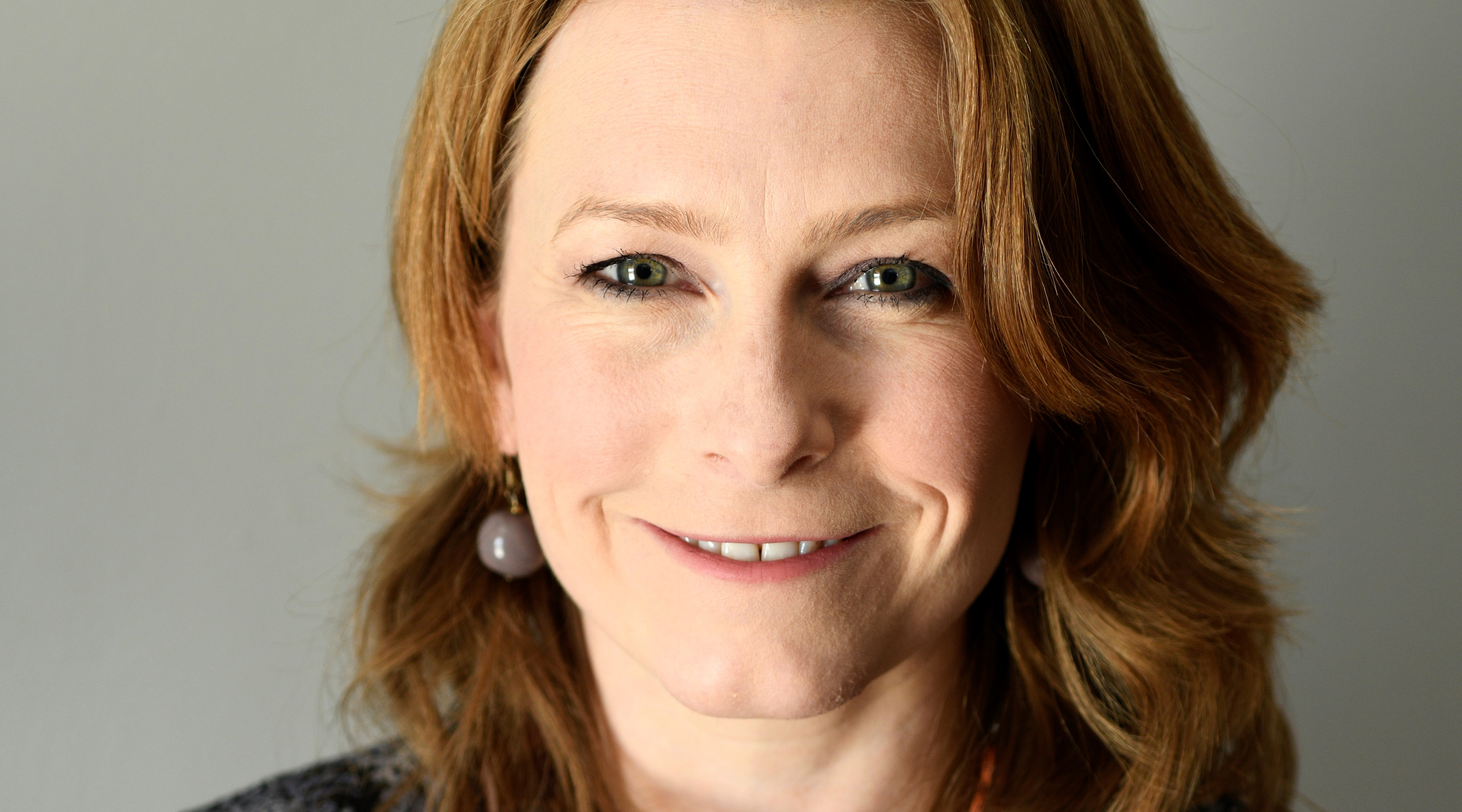Yvonne Soglo believes ethical training should be part of continual professional development.
This Future of Audit Series interview is proudly brought to you by ACCA.
In September 2022, Yvonne Soglo was announced as the new chairperson of the ACCA South Africa Panel. As director: provincial budget analysis at South Africa’s National Treasury, Yvonne is hoping to bring a public sector perspective to the role, and to engage meaningfully with the government to assist with capacity-building in the accounting and auditing sector.
“The previous panel did a lot of work in terms of improving visibility of ACCA, engaging with employers, and providing support to students. And they did it all in a difficult period, during Covid. I look forward to continuing where they left off and hope the ACCA brand grows in South Africa and that our members get the necessary support they need as well,” she says.
|
On the back of a successful Future of Audit Series in 2021, ACCA has once again partnered with CFO South Africa to bring you a series of interviews that focuses on Audit Transformation, SMPs and important thought leaders in the audit space. Find out how the audit space can be transformed for a better future of audit. Read all about the 2021 Future of Audit Series here. |
With regards to transformation of the accounting and auditing profession, she says one of ACCA’s priorities is addressing accessibility and working to remove barriers to entry. However, she believes transformation relates to everything from academic qualifications to future-proofing the industry (embracing digital transformation, as well as the concomitant data security improvements it necessitates) and improving systems integration, particularly within the public sector.
“Accounting and auditing are moving,” she says. “It’s not only about the human element; it’s about how we do things effectively and efficiently and use technologies that are available. And transformation also speaks to governance.
“For example, we see some municipalities receive clean audits. Yes, their finances are in order, but in terms of service delivery, has it improved? Are we receiving the services that we require? Maybe there needs to be more focus now on non-financial performance. Yes, the books are all well and good, and we need to be able to account for how the money has been spent; but has there been value for money – has service delivery happened? The Auditor General continues to audit non-financial performance, and I think that’s going to intensify.
“And in the private sector, with all the scandals we’ve seen, transformation also has to address the fact that we need to restore confidence in the profession.”
Key to this last issue, she says, is focusing on ethics. ACCA offers ethics training modules and Yvonne suggests that more emphasis needs to be placed on upholding ethics as part of their annual membership requirements. If, for example, members are required to do 40 hours of CPF training, five hours of that could be devoted to ethics. “I understand it may not solve the problem, but it will be taking steps towards trying to resolve it,” she says, adding that attention also needs to be given to vetting people nominated to boards, and to ensuring those who bring the profession into disrepute are held accountable.
“We need to see serious action being taken,” she says. “You hear about an investigation being ongoing, ongoing. Then, next thing, the member that was found in disrepute is somewhere else. Consequences need to be strengthened.”
Ensuring finance people are appropriately qualified
Yvonne says one of the ways she believes ACCA can partner with the government in improving financial reporting is through making people more aware of its educational offerings, many of which are available free, particularly the introductory courses (ACCA-X). The course covers everything from financial accounting to introductory management and accounting.
“We can partner with the public sector and take finance teams through a refresher on these things,” she says. “We have loads of courses that can help in terms of improving teams’ capacity and strengthen financial management objectives.”
ACCA also offers various levels of qualifications to suit a range of needs and has partnered with South African universities in this regard. Yvonne says that awareness is limited and ACCA is working to improve this, as well as pairing ACCA students with mentors – ACCA members who understand the ecosystem.
The organisation also focuses on continuous professional development to help members stay abreast of the latest thought leadership and industry developments, and engages in research, tapping into the ACCA global network.
“The focus for me during my term is to continue intensifying the awareness about ACCA. For me, it must come from high school level through to tertiary level,” she says.
She encourages ACCA members to get involved in assisting with this, from taking part in school career fairs to taking part in regional events, mentoring students and offering job shadowing or internship opportunities. “As much as you have to work to pass the exams, you also need practical experience,” she says.
“An area where there has been improvement and still needs to be intensified is the support provided to students. It helps now to have virtual platforms that are easy to set up meetings and to engage people. But we’re also looking at taking ACCA to the people – the students, professionals and employers – through roadshows which have already begun.”
She hopes to expand ACCA efforts to the further education and training (FET) colleges too, as well as highlighting the work done by the technical committee, education committee and employer committee, and encouraging more networking between members.
For more information on ACCA news, visit the website.












